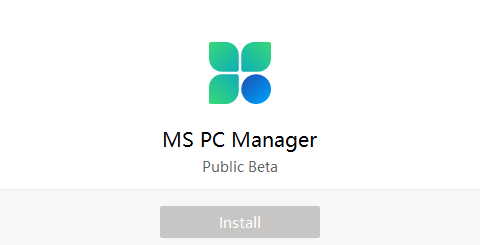Google’s New AI Will Detect Cheaters and Automatically Inform Their Partners
Mountain View, CA – In a move that has sent shockwaves through the tech world and beyond, Google has quietly begun beta testing a new AI-driven feature designed to detect infidelity and automatically notify the affected partner with concrete evidence. Dubbed “Google Infidelity AI”, the tool uses advanced data analysis, cross-platform integration, and behavioral pattern recognition to determine whether someone is being unfaithful—and then alerts their partner via a direct push notification.
How It Works
According to an internal Google memo leaked to select media outlets, Google Infidelity AI employs a multi-layered approach to catch cheaters. The AI aggregates data from multiple Google services, including:
- Google Maps: Frequent visits to unfamiliar addresses or hotels.
- Google Photos: AI-powered image analysis to detect suggestive or romantic photos not linked to the primary partner.
- Google Search History: Queries like “how to hide texts from my wife” or “best excuses for coming home late.”
- Google Messages & Gmail: Deep-learning NLP analysis to detect flirtatious or deceptive conversations.
- Google Pay: Suspicious transactions at high-end restaurants or jewelry stores that don’t match past spending habits.
Once the AI reaches a 95% confidence threshold, it automatically notifies the cheated partner via a push notification on their phone, accompanied by a detailed evidence report, including screenshots, timestamps, and an AI-generated risk assessment.

Google Speaks Out
Speaking on the controversial new feature, Google’s Senior Vice President of AI Development, Dr. Alan Reeves, defended the initiative:
“At Google, our mission has always been to organize the world’s information and make it universally accessible. Relationship transparency is a natural evolution of this goal. Users deserve to know if they are being deceived, and our AI simply ensures that truth prevails.”
Google has also clarified that the feature is opt-out, not opt-in, meaning users are automatically enrolled unless they manually disable it in their Google Account settings.
Privacy Advocates Sound the Alarm
Unsurprisingly, privacy groups have raised serious concerns. Eva Tilling, a spokesperson for the Electronic Privacy Alliance (EPA), called the rollout “one of the most invasive uses of AI in modern history.”
“Google is essentially weaponizing artificial intelligence to destroy relationships. The fact that this feature is automatically enabled is deeply troubling and sets a dangerous precedent for AI surveillance in our personal lives.”
Even some Google employees have reportedly expressed discomfort, with internal Slack messages from engineers describing the tool as ‘Orwellian’ and ‘a PR nightmare waiting to happen.’
Real-Life Fallout from the Beta Program
While Google has yet to release official numbers, reports from the beta testing period paint a chaotic picture.
- Case #1: A Florida man received a notification on his Pixel phone during a work meeting, complete with screenshots of his wife’s conversations with her personal trainer. He allegedly walked out mid-meeting and filed for divorce that same afternoon.
- Case #2: A New York woman discovered that her fiancé had taken multiple “business trips” to the same hotel—with different people. The evidence package contained Google Pay receipts for two-person dinners and an AI-generated analysis of affectionate language in his Gmail messages.
- Case #3: A London-based lawyer was outed by Google’s AI after it cross-referenced his GPS history with hotel check-ins and suspicious incognito searches. His long-term partner received an alert while he was in court, leading to an explosive confrontation that has since gone viral on social media.
What’s Next?
With public outcry mounting, whether Google will proceed with a full-scale rollout or pull the plug remains unclear. Industry insiders speculate that regulatory challenges could force Google to modify or delay the feature.
For now, one thing is certain: infidelity in the digital age just got a lot riskier.













